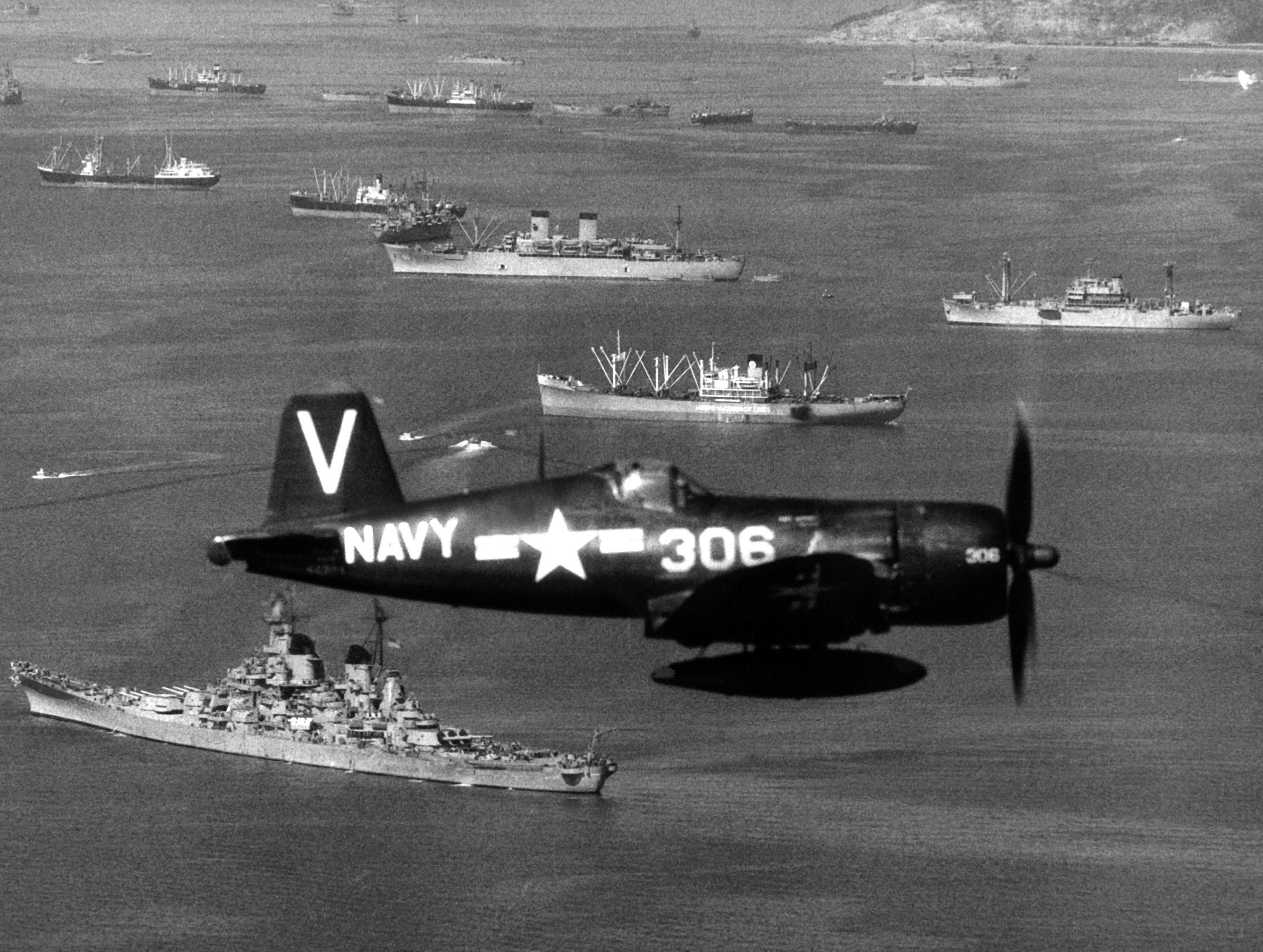
Why would anyone want to read about some of the most extreme and perilous experiences that human beings can be put through? Are the real wars that fill the news media not bad enough, without fictional accounts? It can’t be that we read war stories for pleasure.
Literature about war opens up some big questions about our reading experience. Pleasure is an undoubted part of reading. But we often put ourselves through unsettling and even painful reading because it is a route to wider experience. Few of us nowadays are likely to have a direct experience of warfare, but wars — whether close at hand or far distant — have shaped and will continue to shape our history. They are dramatic and thrilling, and even the most ardent pacifists among us need to consider the deep drives in human nature that lead to conflict.
Your organisation does not have access to this article.
Sign up today to give your students the edge they need to achieve their best grades with subject expertise
Subscribe




